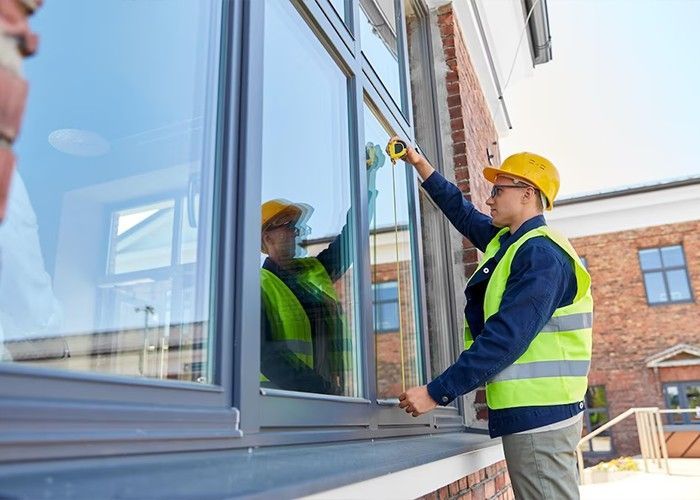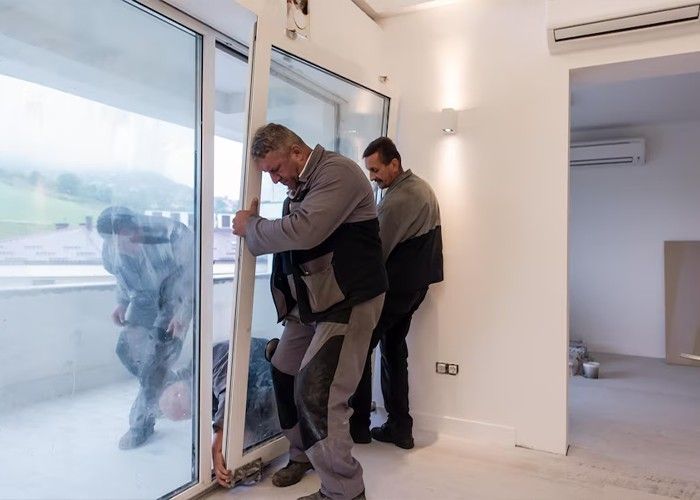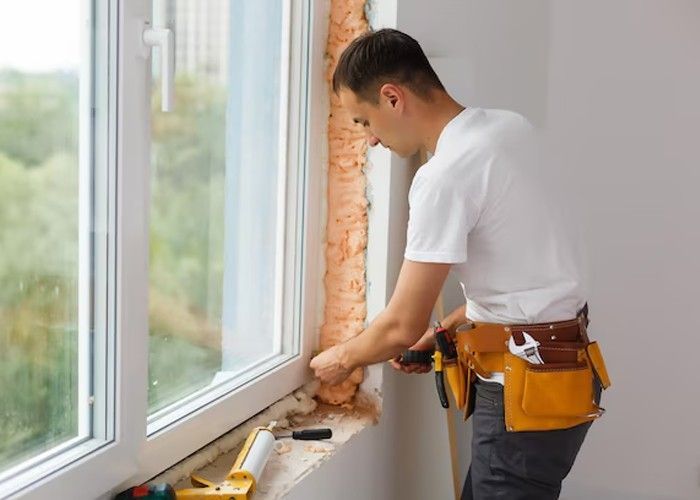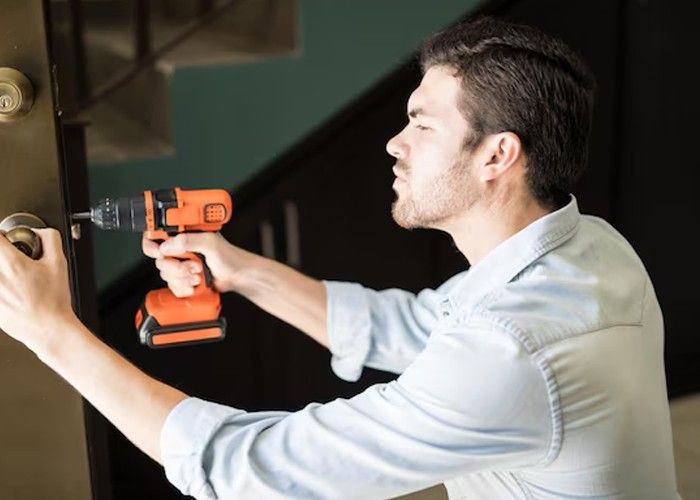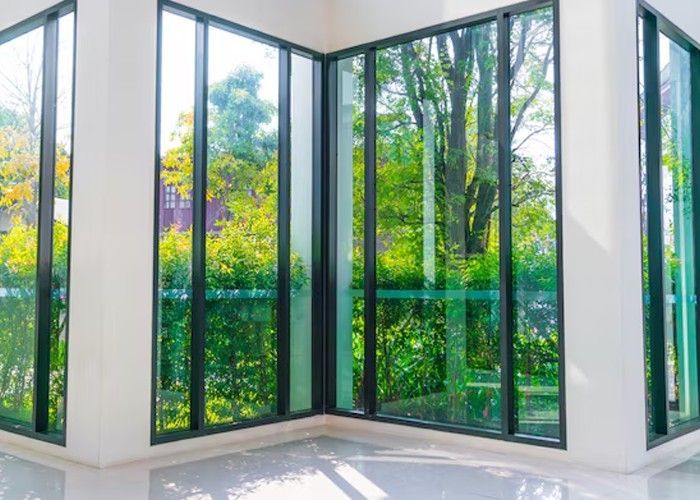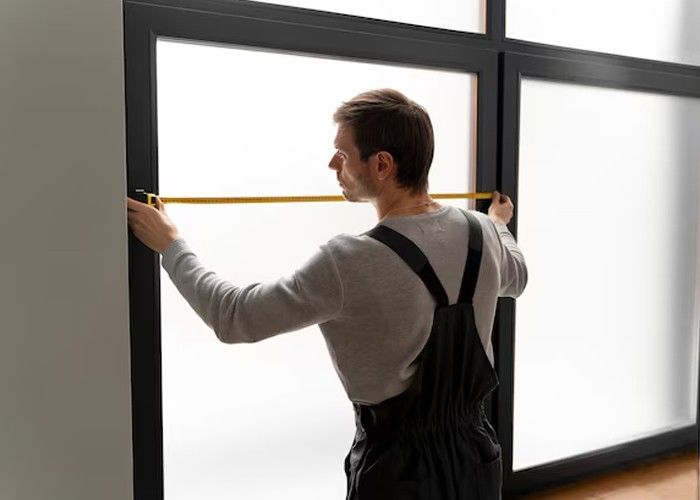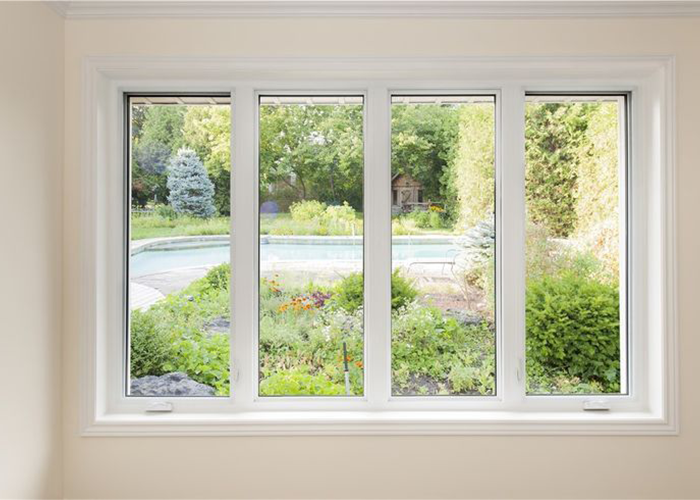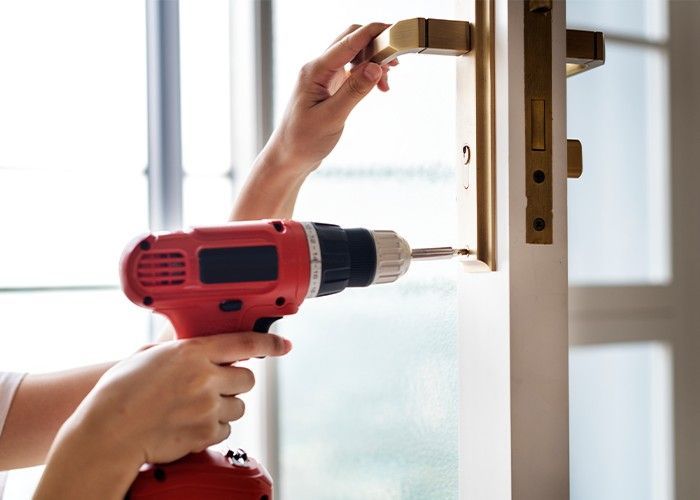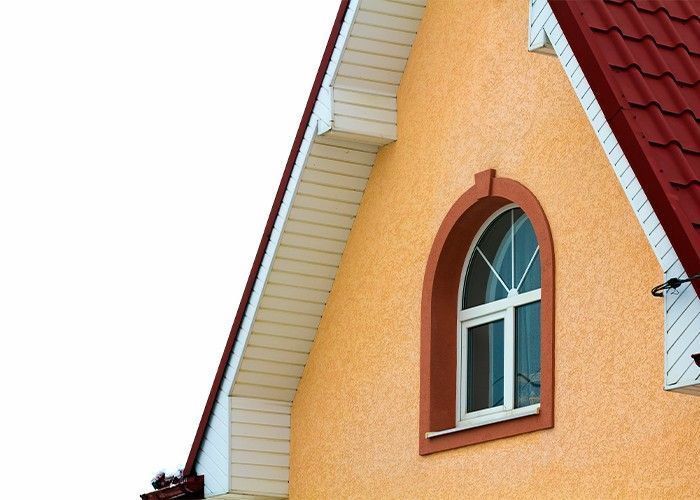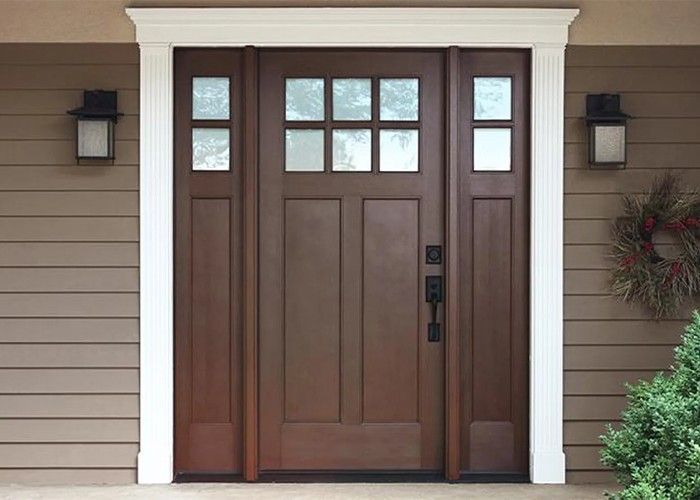When it comes to home renovations, most people tend to think about aesthetics before energy efficiency. While nothing is stopping you from remodeling your home to improve its looks, consider making some changes that will reduce your utility bill as well.
Whether planning a small project or a complete remodel, these energy efficient home renovations can significantly reduce your energy consumption. Save the environment and your wallet!
Top Energy Efficient Home Renovations
Switch to LED Light Bulbs
One of the simplest ways to improve energy efficiency in your home is to replace your lighting. Lighting can account for up to one-third of your total energy bill, so it's worth paying attention to.
While a bit more expensive than incandescent bulbs, LED bulbs use as little as 20% as much electricity. They also boast a longer lifespan, meaning you'll save money in the long run on their replacement (or lack thereof) compared to traditional bulbs.
Some people shy away from LED lighting because they dislike the 'cool', blue light they associate with LEDs. However, modern LED bulbs now come in various colors, so you can have the warm hues of incandescent light while also saving energy.
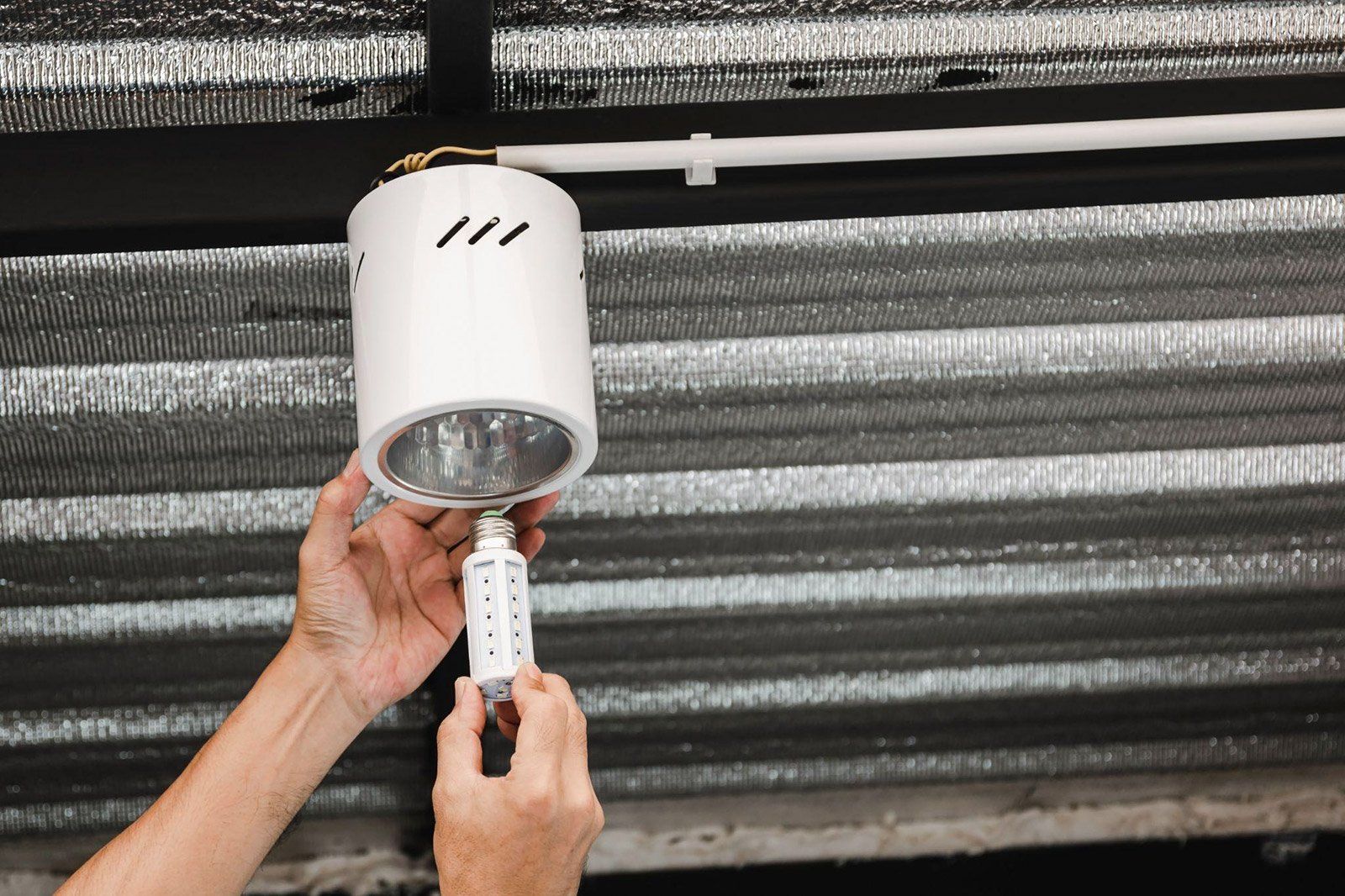
Replace Windows with Energy-Efficient Windows
The largest chunk of your utility bill is likely from your home's heating and cooling consumption. Around 40-60% of your home's energy use in this area comes from compensating for heat lost or gained through its windows.
Energy-efficient windows can make a big difference in your power consumption. If your windows are old, improperly sealed, or only have a single layer of glazing, you might consider replacing them. Good quality windows will also make your home more comfortable by reducing drafts and condensation.
U-Factor is a measure of how well a window prevents heat from escaping. The lower the U-Factor, the more energy efficient the window. That's because the less heat that escapes, the less energy you'll need to use to heat your home. U-Factor is just one of the factors you should consider when comparing energy efficient windows. Others include Solar Heat Gain Coefficient (SHGC) and air leakage. But the bottom line is that the lower the U-Factor, the more energy efficient the window will be. So when you're comparing windows, make sure to look for the one with the lowest U-Factor and consult an
energy efficient window replacement professional near you.
Switch to a Solar Water Heating System
Solar-powered water heaters can have a major impact on your energy bills. Suitable for any climate, their only cost is the purchase, maintenance, and installation—the sunshine is free, after all.
A solar water heater uses solar panels, typically on the roof, which collect energy and heat the water inside the storage tank. There are both active and passive solar heating systems; the latter tends to be less expensive, but also less efficient.
Before purchasing one of these systems, it's crucial to calculate the cost and energy savings you should expect. This can vary based on your home's geographic location, the type of unit you choose, and the financing and incentives you may be eligible for.
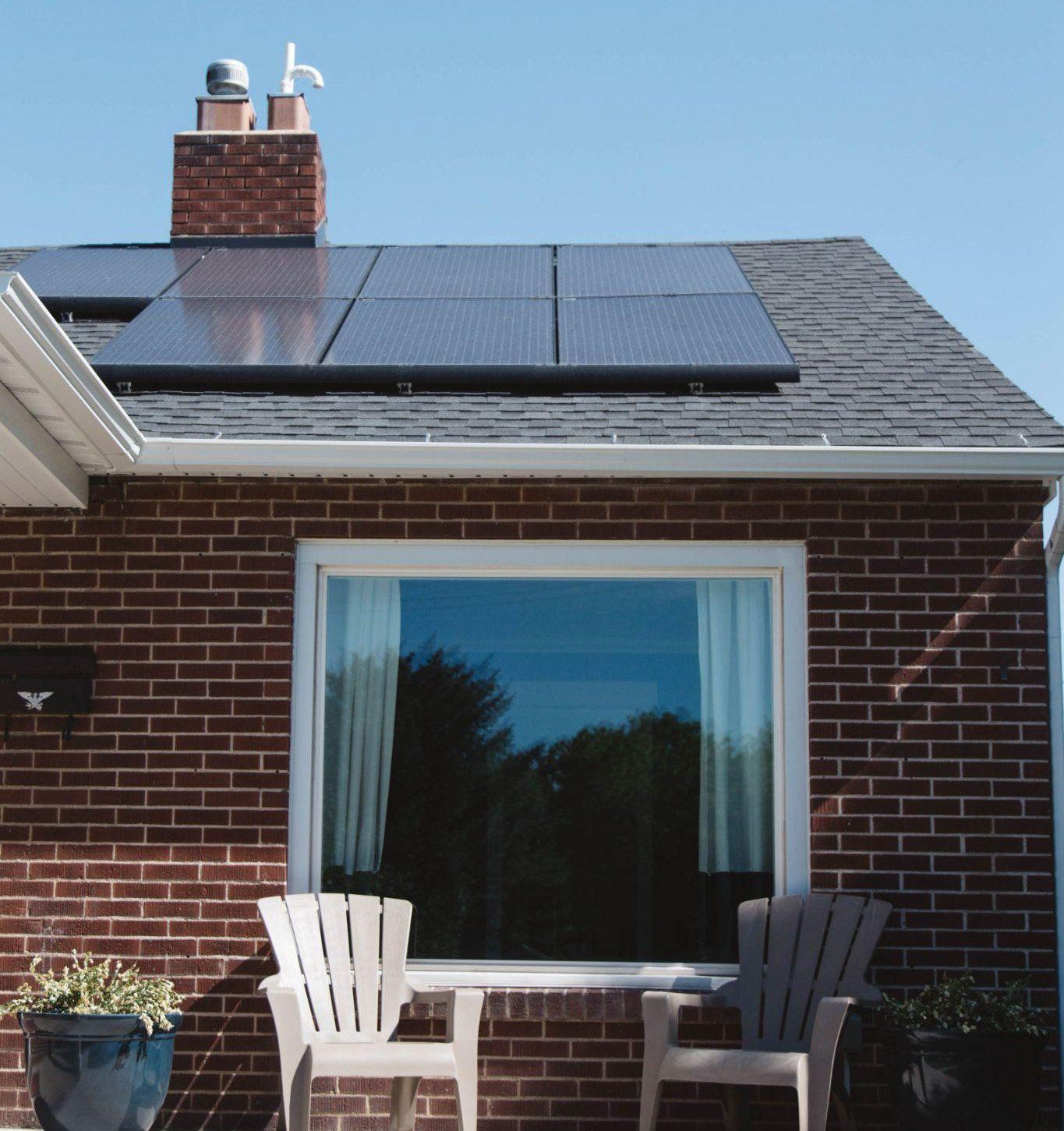
Install Energy-Efficient Appliances
Another way to reduce your carbon footprint and monthly bills is by upgrading your home's appliances. Dishwashers, laundry machines, heat pumps, and ovens are some of the largest household energy consumers.
If your appliances are ten or more years older, they likely are no longer efficient by today's standards. Therefore, investing in a modern unit will help you save money in the long run. Taking advantage of federal tax credits can also lighten the load of purchasing a new appliance—check your government website to find out if you are eligible for savings.
A good rule of thumb when looking for an energy-efficient appliance is to seek out the
Energy Star label. Created by the U.S. Department of Energy, this label is also often the standard for appliances that qualify for federal tax credits.
Upgrade Your Insulation
If your home isn't adequately insulated, you'll be losing heat and thus paying more to keep your home warm. A solution to home heat loss is to replace or add insulation, especially in areas like the attic. Since heat rises, insulation above your living spaces is vital in trapping the heat inside the home.
When looking to install new insulation, pay attention to the product's R-value. A lower number indicates a lower insulation factor, and a higher number a higher factor. As we've mentioned before, paying more upfront for a more efficient product can often save you money in the long term.
Whole-House Systems Approach to Energy Efficient Home Renovations
If you want to considerably upgrade your home's energy efficiency, you may consider using a whole-house system approach. These systems consider multiple variables that affect energy usage in your home.
Whether you're designing a new energy efficient building or conducting an extensive remodel on an existing home, a whole-house system approach can greatly improve the comfort of the house and help you achieve ultra-high efficiency.
For an existing house, the first step is to have a home energy assessment performed. This audit will determine your current usage levels, and provide solutions for improving them. Energy efficient home builders can provide this service, as well as energy efficient house plans for those looking to construct a new home.
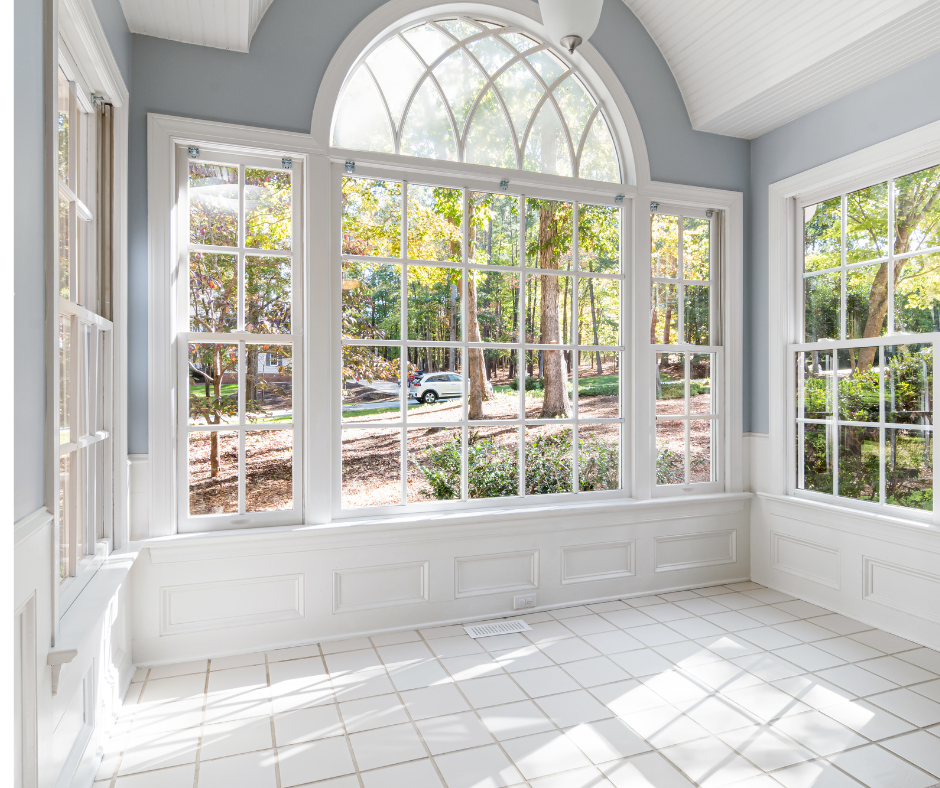
Finding Energy Efficient Home Renovation Professionals
Installing energy-efficient features isn't always an easy task. Should you find that you've exhausted the list of renovations you're able to perform on your own, there is plenty of professional help to be had.
If you're looking to install new doors, windows, or both, contact Atlanta Area Window and Door Co. With more than 30 years of experience installing industry-leading energy-efficient door and window replacements in the Metro Atlanta and North West GA area, we are experts in helping reduce your home heating bill.
Talk to one of our professionals and schedule a free in-home consultation to determine the best energy-saving solution for your home.

